2003 Honda Accord Brake Rotors and Pads
Click here to search another vehicle
All Rotors:
OEM x
Coated x
Drilled, Slotted and Coated x
Front x
Rear x
All Pads:
Ceramic x
Semi-metallic x
Front x
Rear x
Found 32 record
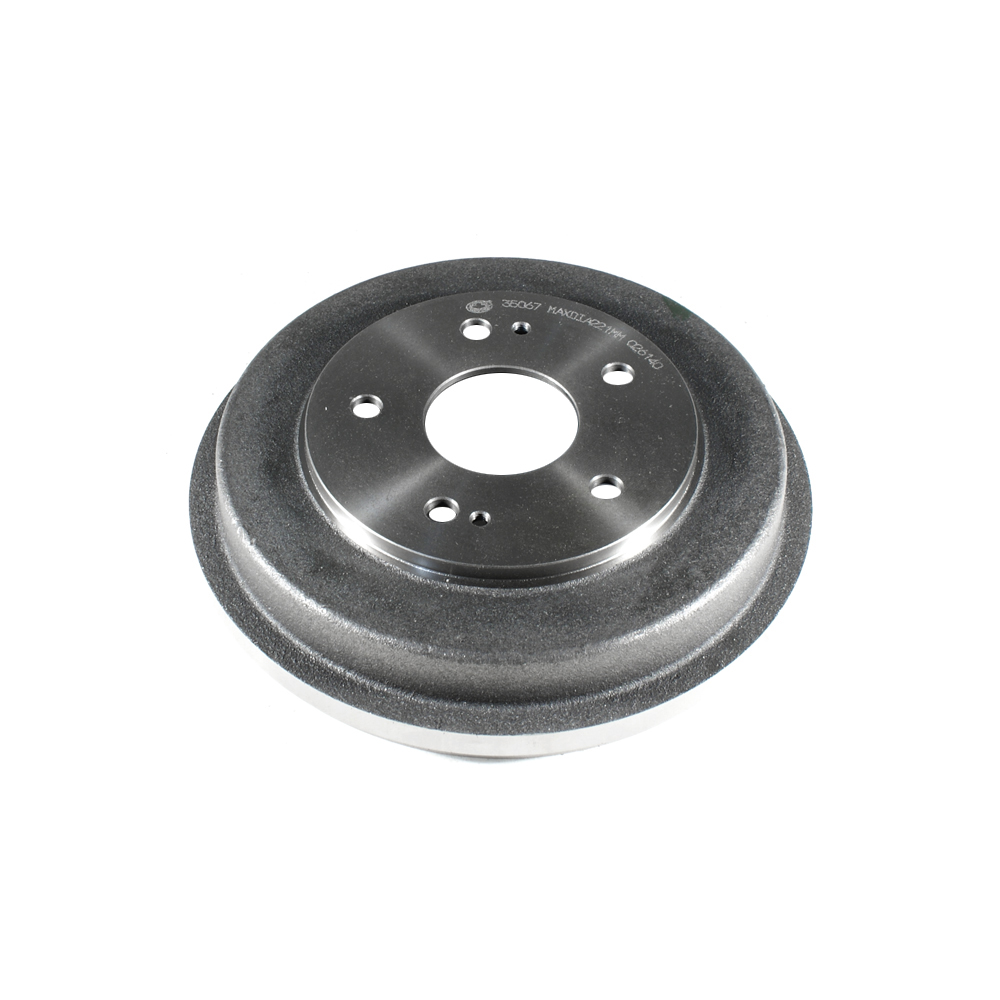
Part No: BD35067
Raybestos: 9653
OE: 42610S70000
Raybestos: 9653
OE: 42610S70000
$39.62 each
Per Car QTY: 2
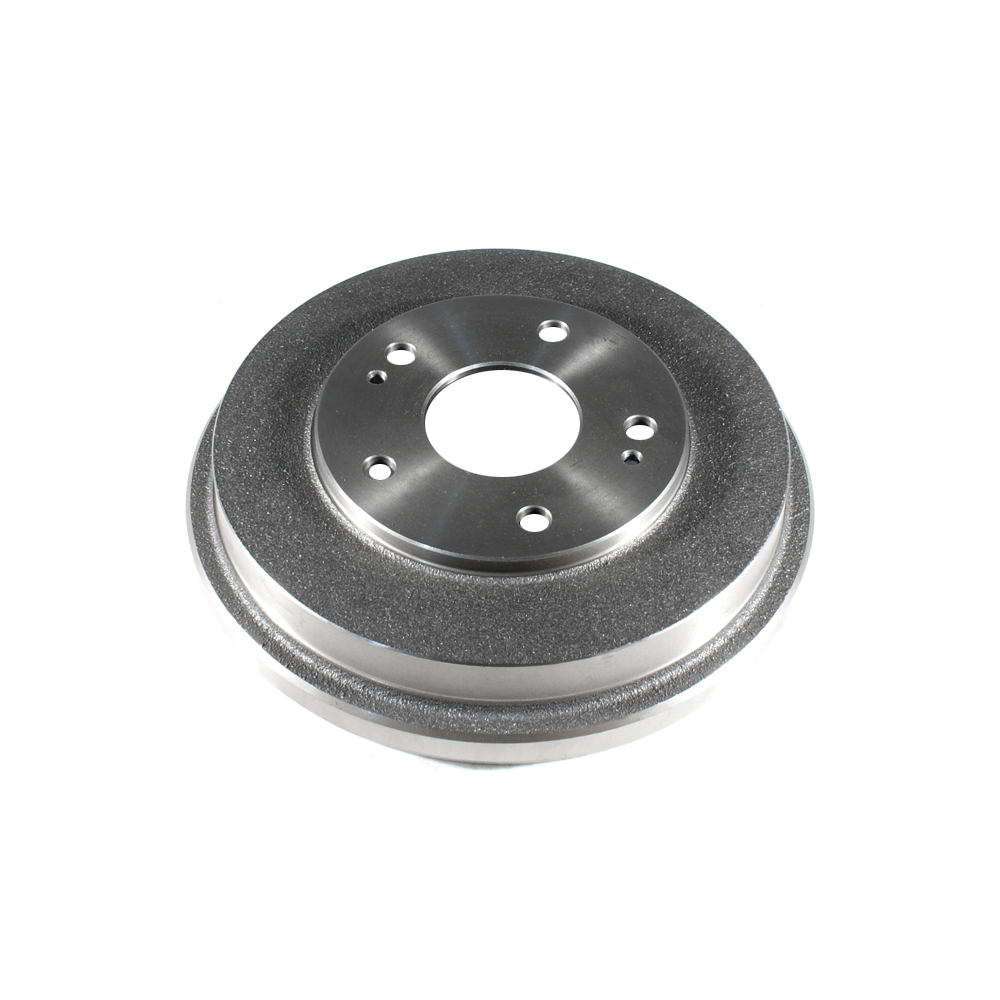
Part No: BD35103
Raybestos: 9750
OE: 42610SDAA00
Raybestos: 9750
OE: 42610SDAA00
$40.32 each
Per Car QTY: 2
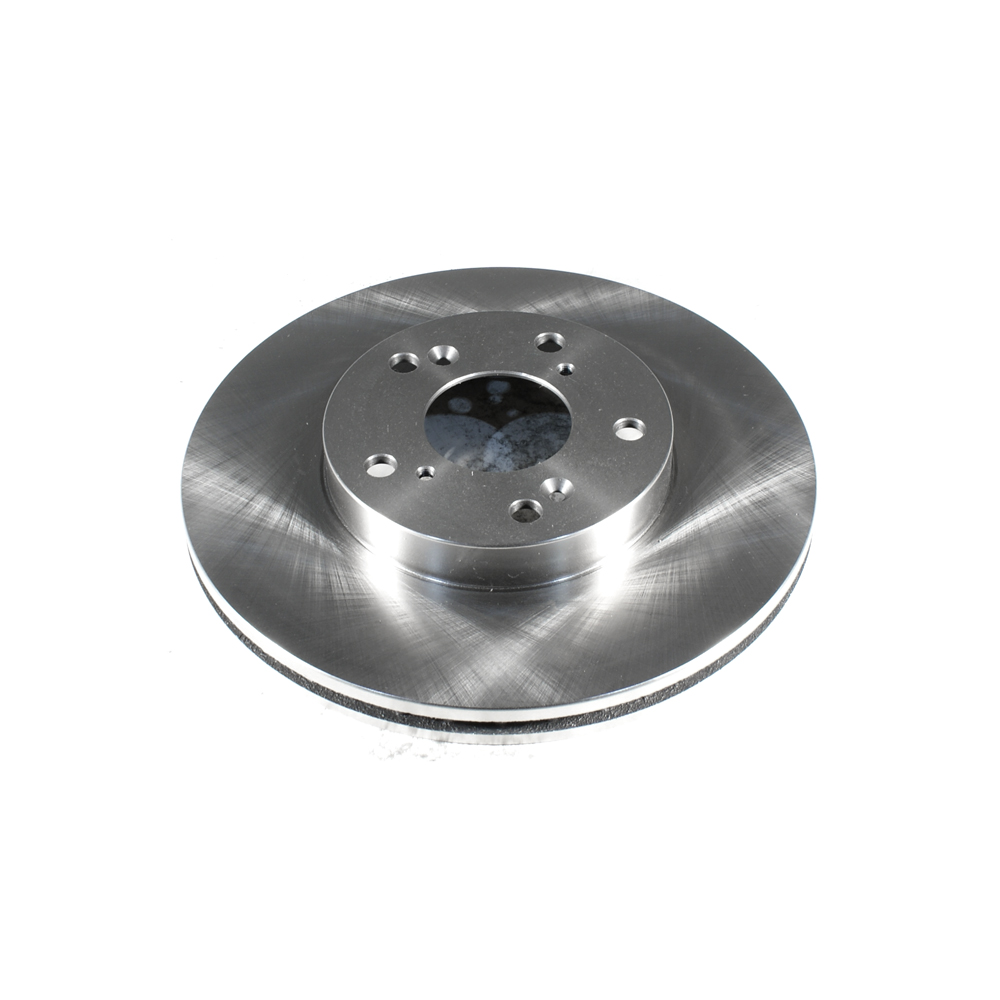
Part No: BR31257
Raybestos: 96711/980072
OE: 45251TA5A00
Raybestos: 96711/980072
OE: 45251TA5A00
$36.52 each
Per Car QTY: 2
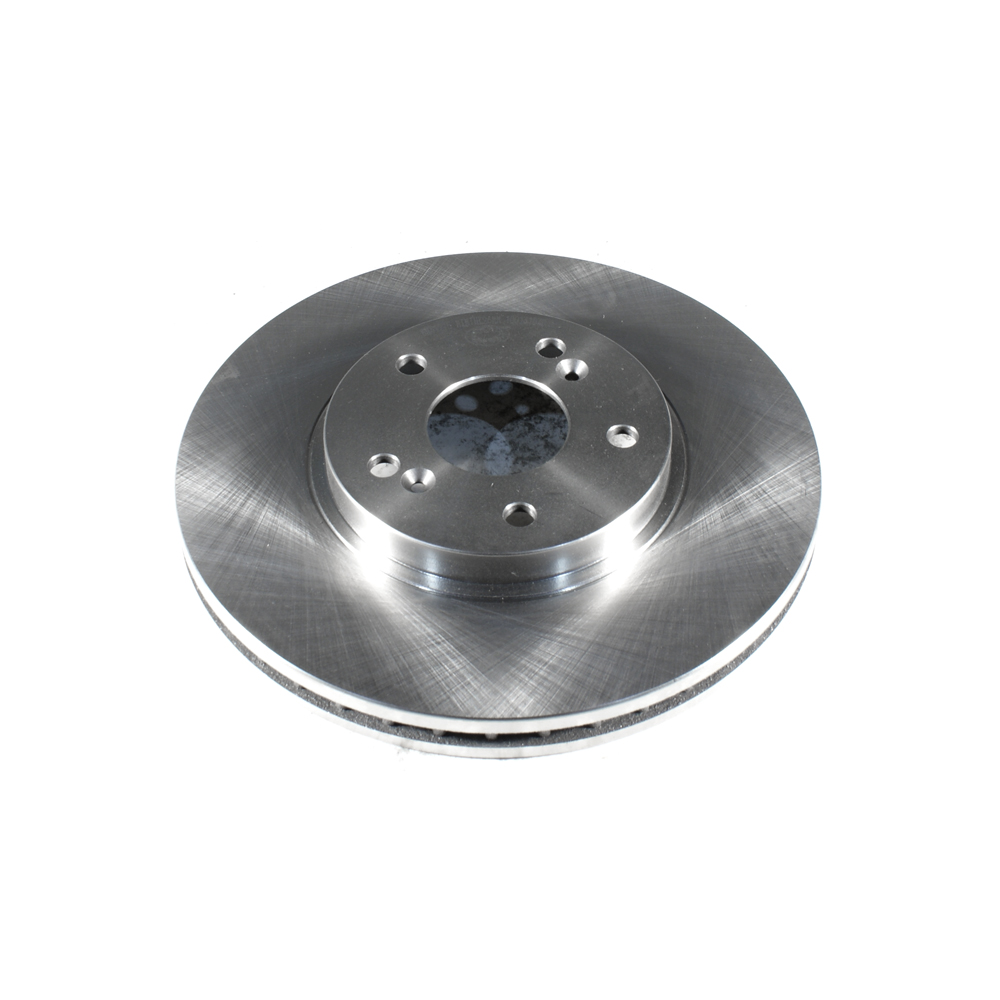
Part No: BR31275
Raybestos: 96795
OE: 45251TA6A00
Raybestos: 96795
OE: 45251TA6A00
$47.03 each
Per Car QTY: 2
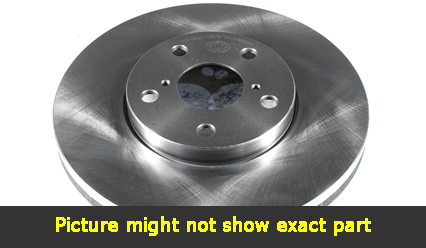
Part No: BR575121
Raybestos: 981037
OE:
Raybestos: 981037
OE:
$37.66 each
Per Car QTY: 2
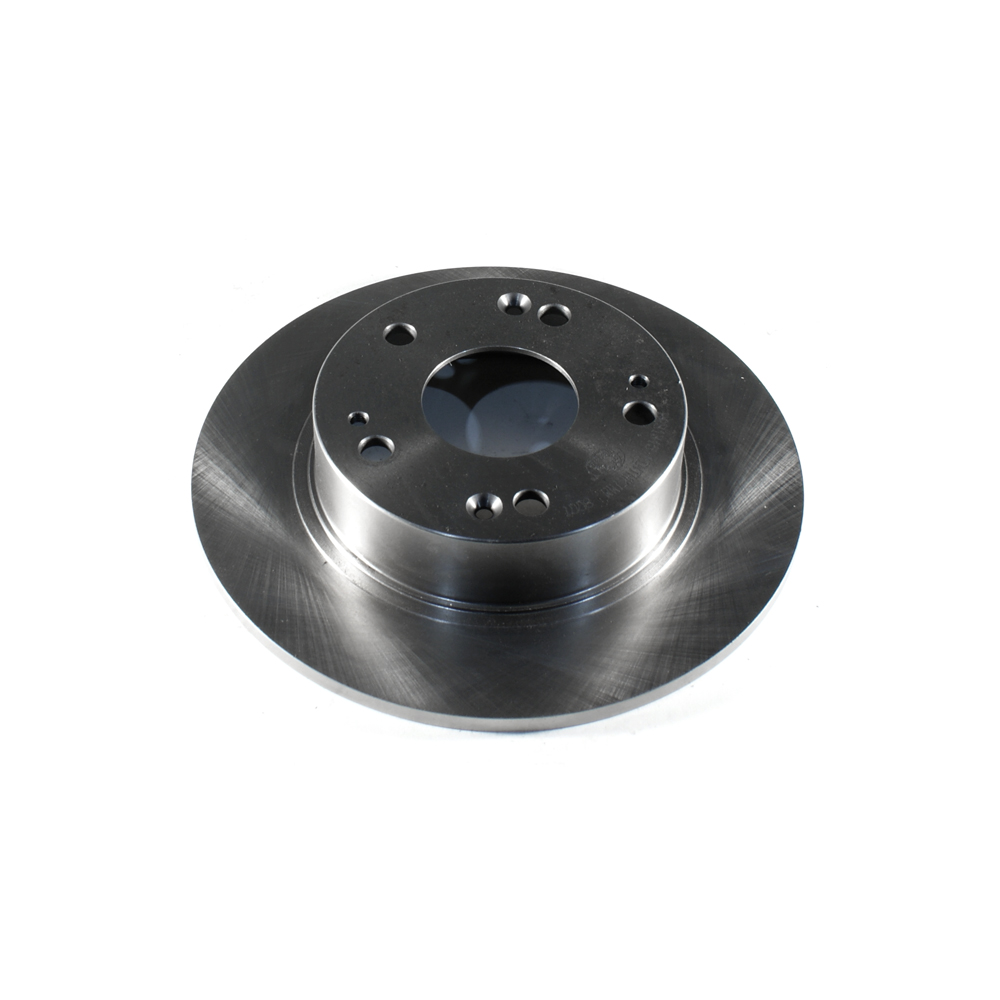
Part No: BR31315
Raybestos: 980138
OE: 42510SDAA00
Raybestos: 980138
OE: 42510SDAA00
$24.39 each
Per Car QTY: 2
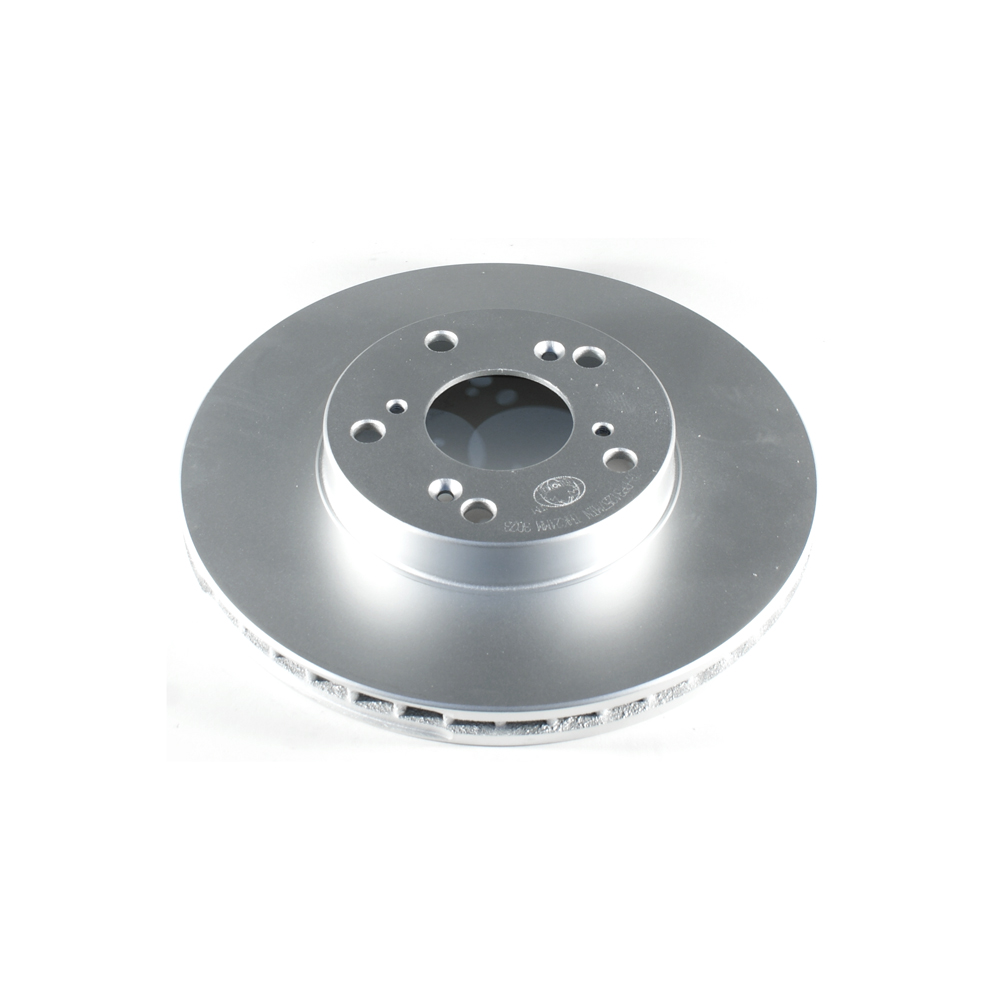
Part No: PP31257
Raybestos: 96711
OE: 45251S7AN10
Raybestos: 96711
OE: 45251S7AN10
$45.94 each
Per Car QTY: 2
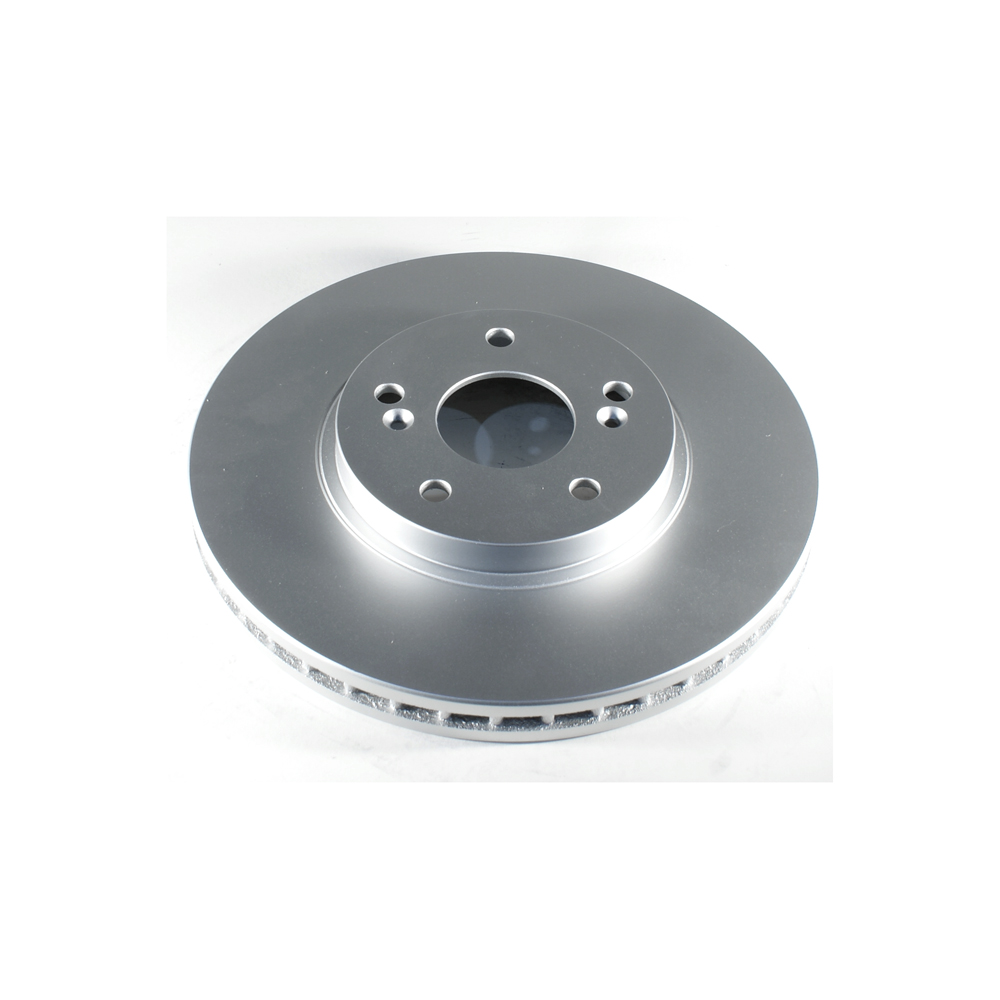
Part No: PP31275
Raybestos: 96795
OE: 45251TA6A00
Raybestos: 96795
OE: 45251TA6A00
$58.16 each
Per Car QTY: 2
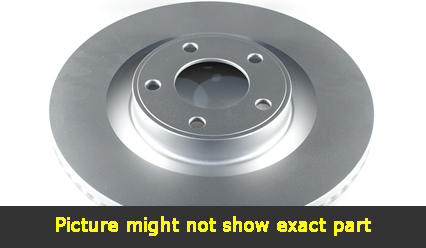
Part No: PP575121
Raybestos: 981037
OE:
Raybestos: 981037
OE:
$45.74 each
Per Car QTY: 2
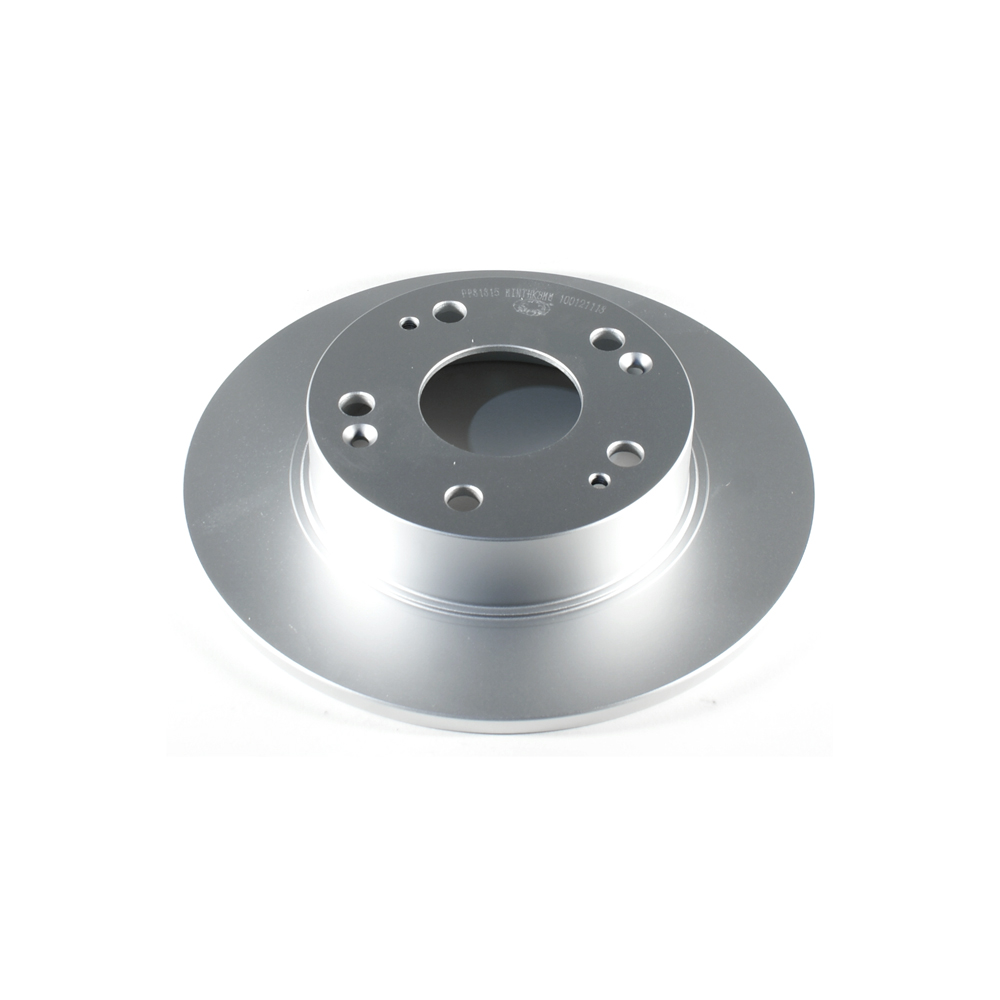
Part No: PP31315
Raybestos: 980138
OE: 42510SDAA00
Raybestos: 980138
OE: 42510SDAA00
$30.29 each
Per Car QTY: 2
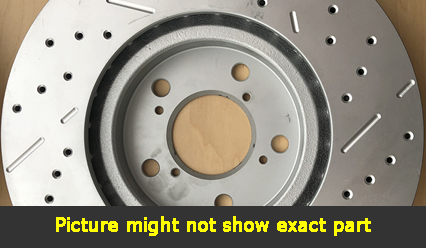
Part No: SP31257L
Raybestos: 96711/980072
OE: 45251TA5A00
Raybestos: 96711/980072
OE: 45251TA5A00
$78.34 each
Per Car QTY: 1
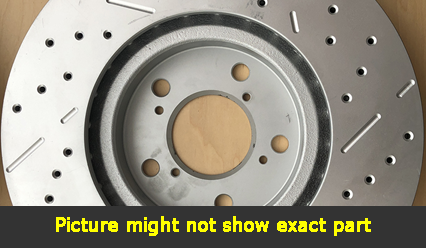
Part No: SP31257R
Raybestos: 96711/980072
OE: 45251TA5A00
Raybestos: 96711/980072
OE: 45251TA5A00
$78.34 each
Per Car QTY: 1
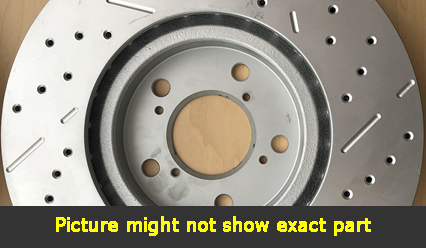
Part No: SP31275L
Raybestos: 96795
OE: 45251TA6A00
Raybestos: 96795
OE: 45251TA6A00
$90.56 each
Per Car QTY: 1
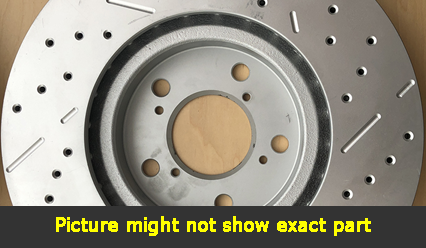
Part No: SP31275R
Raybestos: 96795
OE: 45251TA6A00
Raybestos: 96795
OE: 45251TA6A00
$90.56 each
Per Car QTY: 1
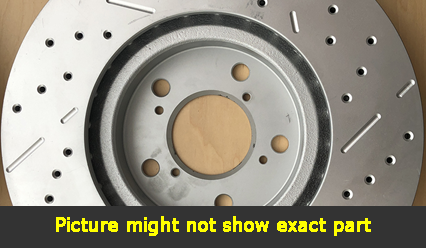
Part No: SP575121L
Raybestos: 981037
OE:
Raybestos: 981037
OE:
$78.14 each
Per Car QTY: 1
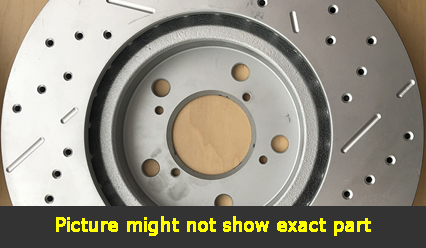
Part No: SP575121R
Raybestos: 981037
OE:
Raybestos: 981037
OE:
$78.14 each
Per Car QTY: 1
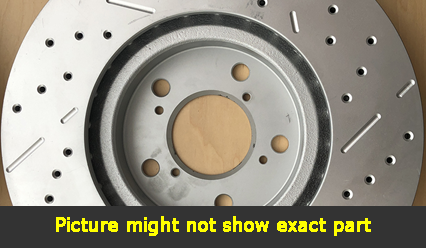
Part No: SP31315L
Raybestos: 980138
OE: 42510SDAA00
Raybestos: 980138
OE: 42510SDAA00
$62.69 each
Per Car QTY: 1
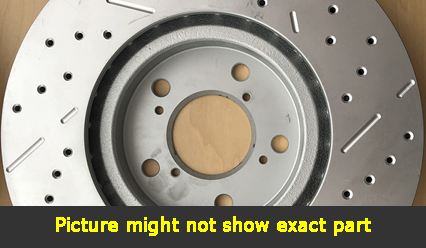
Part No: SP31315R
Raybestos: 980138
OE: 42510SDAA00
Raybestos: 980138
OE: 42510SDAA00
$62.69 each
Per Car QTY: 1
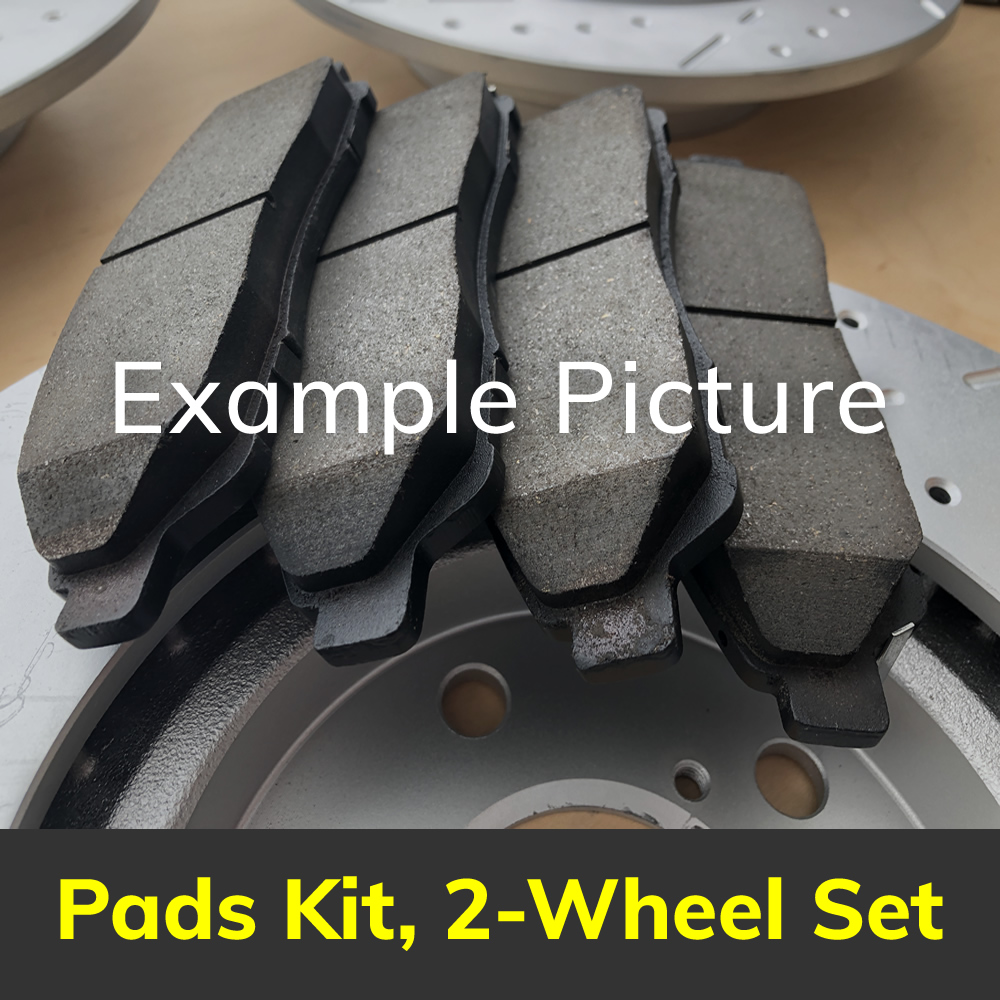
Premium Plus Ceramic Pads
Position: FRONT
Fitment Notes: 3.0L V6 Eng.; Standard Transaxle; 2 Door Coupe; With Hardware, Canadian Vehicle, old style
Position: FRONT
Fitment Notes: 3.0L V6 Eng.; Standard Transaxle; 2 Door Coupe; With Hardware, Canadian Vehicle, old style
Part No: PD787C
Raybestos: 787
OE:
Raybestos: 787
OE:
$38.9 each
Per Car QTY: 1
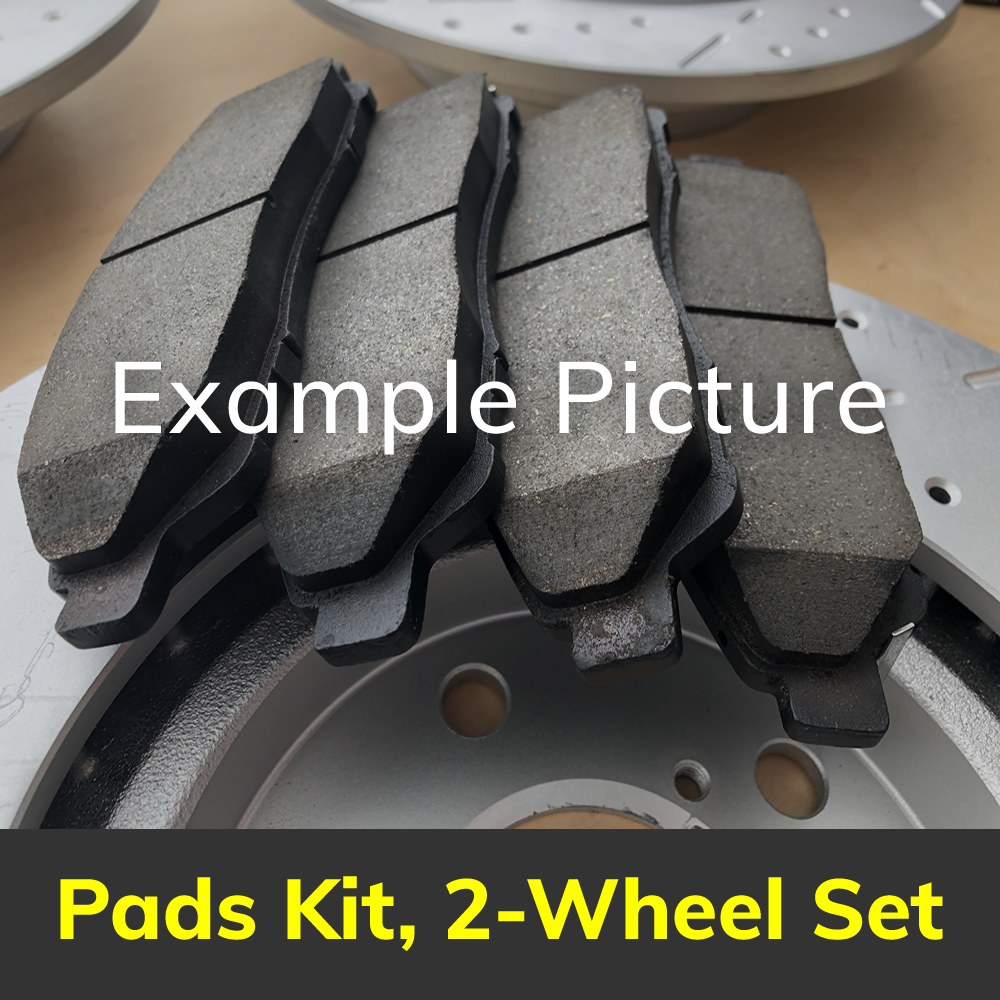
Part No: PD914C
Raybestos: 914
OE:
Raybestos: 914
OE:
$38.07 each
Per Car QTY: 1
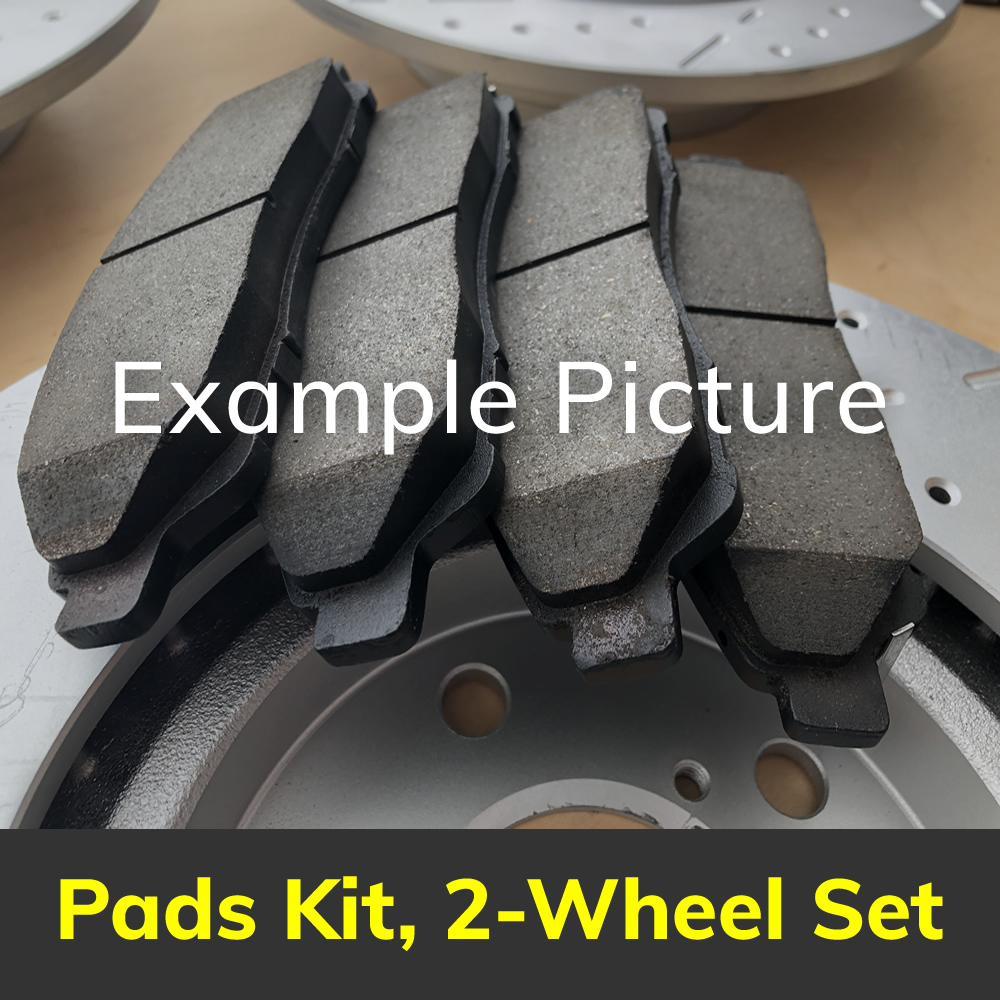
Premium Plus Ceramic Pads
Position: FRONT
Fitment Notes: 3.0L V6 Eng.; Automatic Transaxle; 2 Door Coupe; With Hardware, Canadian Vehicle
Position: FRONT
Fitment Notes: 3.0L V6 Eng.; Automatic Transaxle; 2 Door Coupe; With Hardware, Canadian Vehicle
Part No: PD959C
Raybestos: 959
OE:
Raybestos: 959
OE:
$40.57 each
Per Car QTY: 1
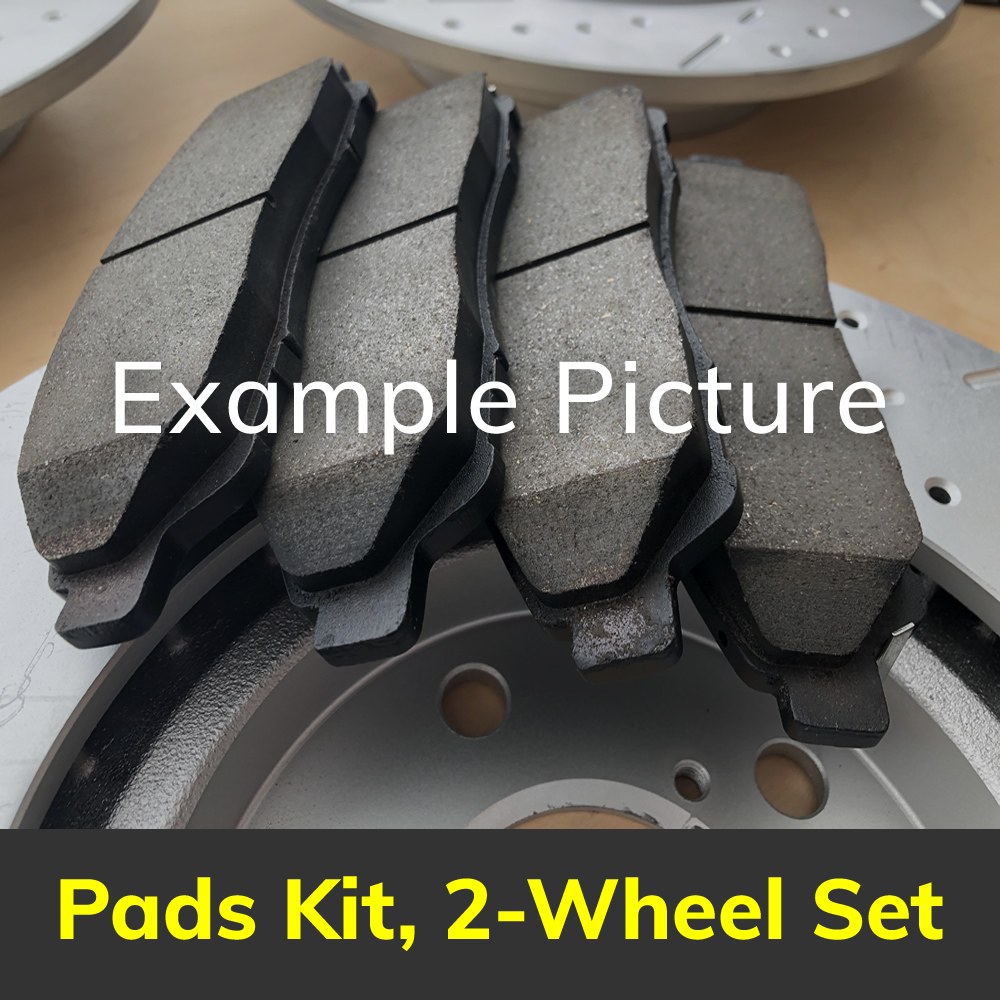
Part No: PD537C
Raybestos: 537
OE:
Raybestos: 537
OE:
$36.13 each
Per Car QTY: 1
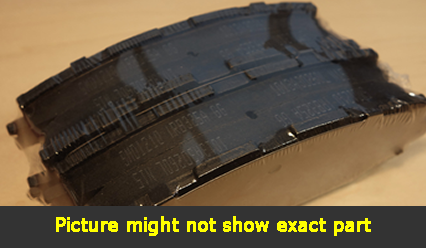
Part No: SMD787
Raybestos:
OE:
Raybestos:
OE:
$23.9 each
Per Car QTY: 1
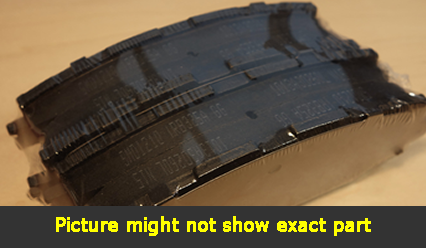
Part No: SMD914
Raybestos:
OE:
Raybestos:
OE:
$23.51 each
Per Car QTY: 1
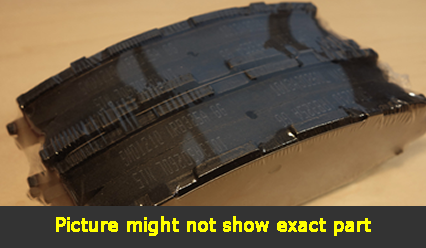
Part No: SMD959
Raybestos:
OE:
Raybestos:
OE:
$24.97 each
Per Car QTY: 1
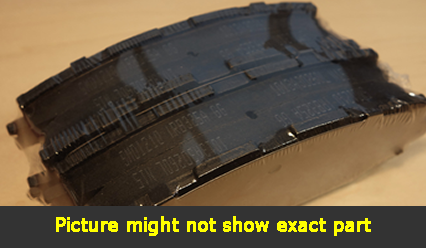
Part No: SMD537
Raybestos:
OE:
Raybestos:
OE:
$18.41 each
Per Car QTY: 1
When it comes to maintaining and replacing parts in your car, brakes are one of the most crucial components to consider. They play a vital role in ensuring your safety on the road. If you own a 2003 Honda Accord, it's essential to choose the right brakes to enhance performance and maintain optimal safety levels. Here are some rules to follow when selecting brakes for your vehicle.
1. Buy brakes compatible with your Honda Accord: Each car model has specific brake requirements. When shopping for brake pads or rotors, ensure they are compatible with your 2003 Honda Accord. You can easily find this information in the vehicle's owner's manual or by consulting with a professional mechanic.
2. Consider your driving style: Your driving style has a significant impact on brake wear and performance. Are you a aggressive driver who prefers quicker stops, or do you adopt a more cautious approach? Understanding your driving style will help determine the most suitable brakes for your needs. For example, performance brake pads and rotors are designed for aggressive driving and heavy braking, while standard or ceramic alternatives are better suited for daily commuting and typical driving conditions.
3. Brake pad material: Brake pads come in different materials, each with its advantages and disadvantages. The most common types available for 2003 Honda Accords are semi-metallic, organic, and ceramic brake pads.
- Semi-metallic brake pads: These are made from a mixture of metal fibers, graphite, and friction materials. They offer excellent heat dissipation and durability, making them ideal for heavy-duty use or extreme driving conditions. However, they may produce more noise and generate more dust compared to other types.
- Organic brake pads: These pads are made from natural materials like carbon, glass, and rubber. They offer quiet and smooth braking performance. They produce less dust, making them more suitable for daily commutes and lighter braking requirements. However, they may wear out quicker than semi-metallic or ceramic pads.
- Ceramic brake pads: These contain ceramic materials combined with small amounts of metal fibers and friction materials. Ceramic pads provide excellent stopping power, reduced noise, and less brake dust compared to other options. They are also gentle on the rotors, contributing to their longevity. However, they may be more expensive upfront.
4. Consider rotor type: In addition to brake pads, you may also need to replace or resurface your rotors when changing the brakes. The two main types of rotors for a 2003 Honda Accord are standard (solid) and ventilated (vented) rotors.
- Standard (solid) rotors: These are the basic rotors that come with most cars from the factory. They are reliable and perform well under normal driving conditions. They are suitable for daily commuting but may be prone to overheating during intense braking scenarios.
- Ventilated (vented) rotors: These rotors have internal cooling vanes that improve heat dissipation, making them ideal for demanding or aggressive driving styles. They help prevent rotor warping and fading during heavy braking. Vented rotors are more expensive but worth considering if you frequently engage in high-performance driving or towing.
5. Brand reputation and quality: Always prioritize reputable brands when purchasing brake components to ensure quality and reliability. Brands like Bosch, Wagner, ACDelco, and Centric are well-known for producing high-quality brakes that meet or exceed OEM standards.
6. Seek professional advice: If you are uncertain about which brakes to purchase or need assistance with installation, it is advisable to consult a professional mechanic. They can provide expert recommendations based on your specific driving needs and the condition of your Honda Accord.
Choosing the right brakes for your 2003 Honda Accord is crucial for ensuring safety, comfort, and performance on the road. By considering factors such as compatibility, driving style, brake pad materials, rotor types, brand reputation, and seeking expert advice if needed, you can make an informed decision and maintain optimal braking efficiency for your beloved Accord.
1. Buy brakes compatible with your Honda Accord: Each car model has specific brake requirements. When shopping for brake pads or rotors, ensure they are compatible with your 2003 Honda Accord. You can easily find this information in the vehicle's owner's manual or by consulting with a professional mechanic.
2. Consider your driving style: Your driving style has a significant impact on brake wear and performance. Are you a aggressive driver who prefers quicker stops, or do you adopt a more cautious approach? Understanding your driving style will help determine the most suitable brakes for your needs. For example, performance brake pads and rotors are designed for aggressive driving and heavy braking, while standard or ceramic alternatives are better suited for daily commuting and typical driving conditions.
3. Brake pad material: Brake pads come in different materials, each with its advantages and disadvantages. The most common types available for 2003 Honda Accords are semi-metallic, organic, and ceramic brake pads.
- Semi-metallic brake pads: These are made from a mixture of metal fibers, graphite, and friction materials. They offer excellent heat dissipation and durability, making them ideal for heavy-duty use or extreme driving conditions. However, they may produce more noise and generate more dust compared to other types.
- Organic brake pads: These pads are made from natural materials like carbon, glass, and rubber. They offer quiet and smooth braking performance. They produce less dust, making them more suitable for daily commutes and lighter braking requirements. However, they may wear out quicker than semi-metallic or ceramic pads.
- Ceramic brake pads: These contain ceramic materials combined with small amounts of metal fibers and friction materials. Ceramic pads provide excellent stopping power, reduced noise, and less brake dust compared to other options. They are also gentle on the rotors, contributing to their longevity. However, they may be more expensive upfront.
4. Consider rotor type: In addition to brake pads, you may also need to replace or resurface your rotors when changing the brakes. The two main types of rotors for a 2003 Honda Accord are standard (solid) and ventilated (vented) rotors.
- Standard (solid) rotors: These are the basic rotors that come with most cars from the factory. They are reliable and perform well under normal driving conditions. They are suitable for daily commuting but may be prone to overheating during intense braking scenarios.
- Ventilated (vented) rotors: These rotors have internal cooling vanes that improve heat dissipation, making them ideal for demanding or aggressive driving styles. They help prevent rotor warping and fading during heavy braking. Vented rotors are more expensive but worth considering if you frequently engage in high-performance driving or towing.
5. Brand reputation and quality: Always prioritize reputable brands when purchasing brake components to ensure quality and reliability. Brands like Bosch, Wagner, ACDelco, and Centric are well-known for producing high-quality brakes that meet or exceed OEM standards.
6. Seek professional advice: If you are uncertain about which brakes to purchase or need assistance with installation, it is advisable to consult a professional mechanic. They can provide expert recommendations based on your specific driving needs and the condition of your Honda Accord.
Choosing the right brakes for your 2003 Honda Accord is crucial for ensuring safety, comfort, and performance on the road. By considering factors such as compatibility, driving style, brake pad materials, rotor types, brand reputation, and seeking expert advice if needed, you can make an informed decision and maintain optimal braking efficiency for your beloved Accord.








